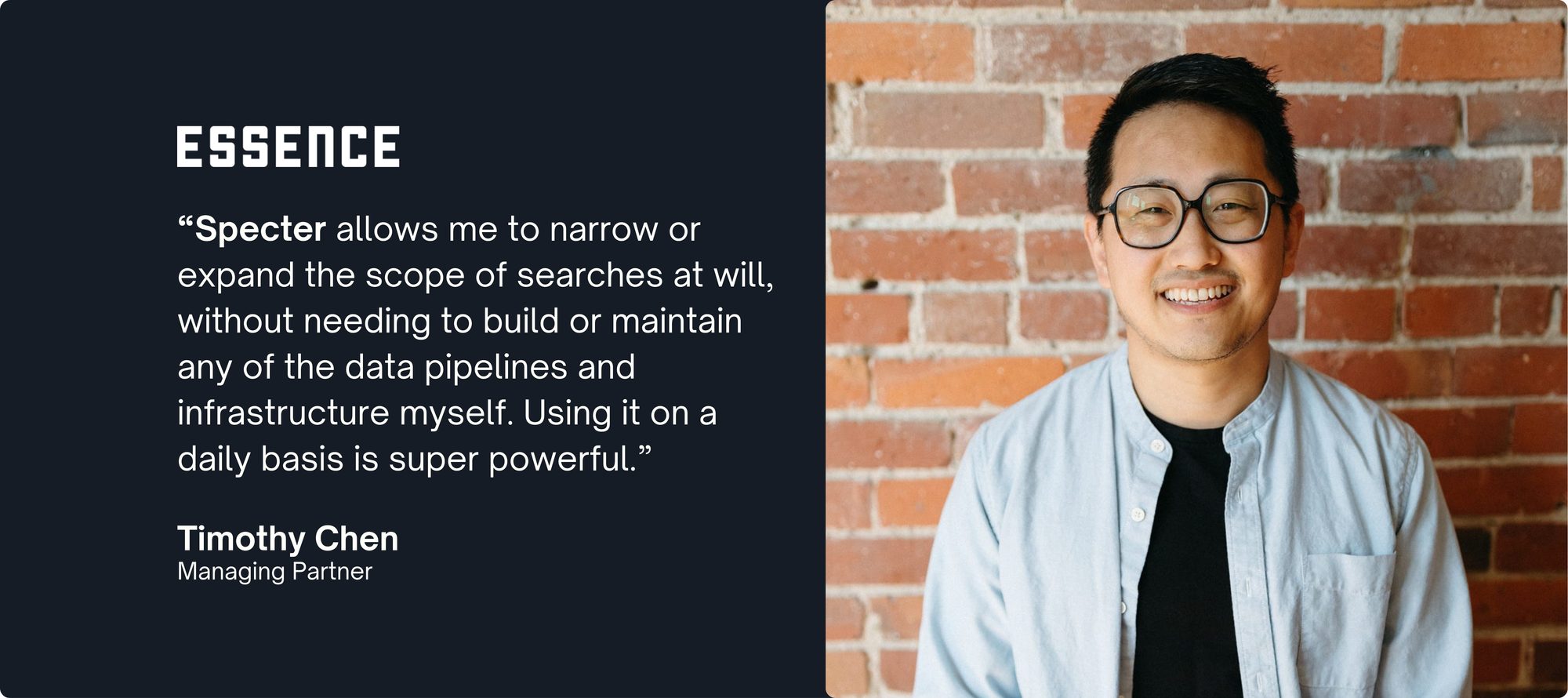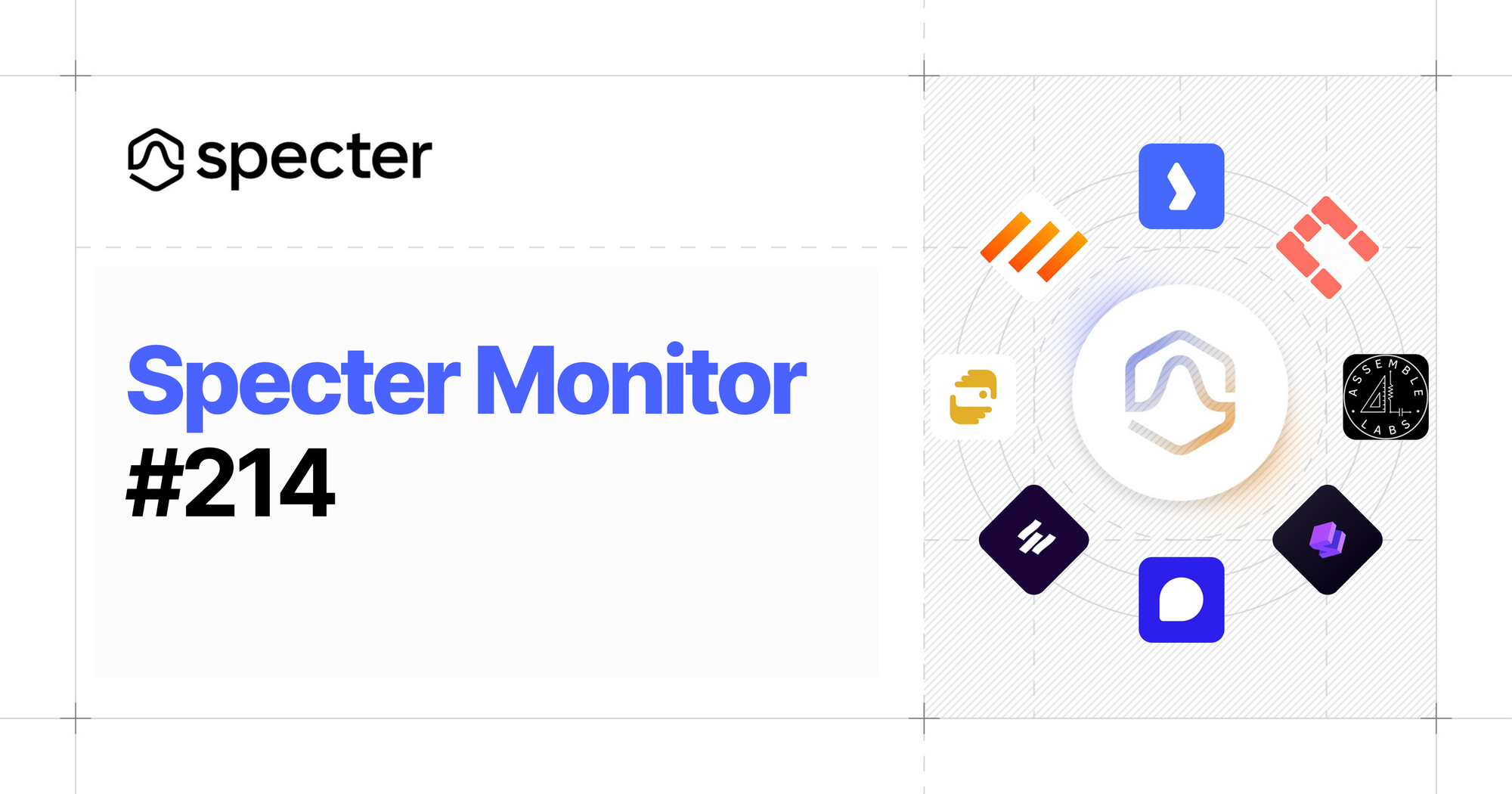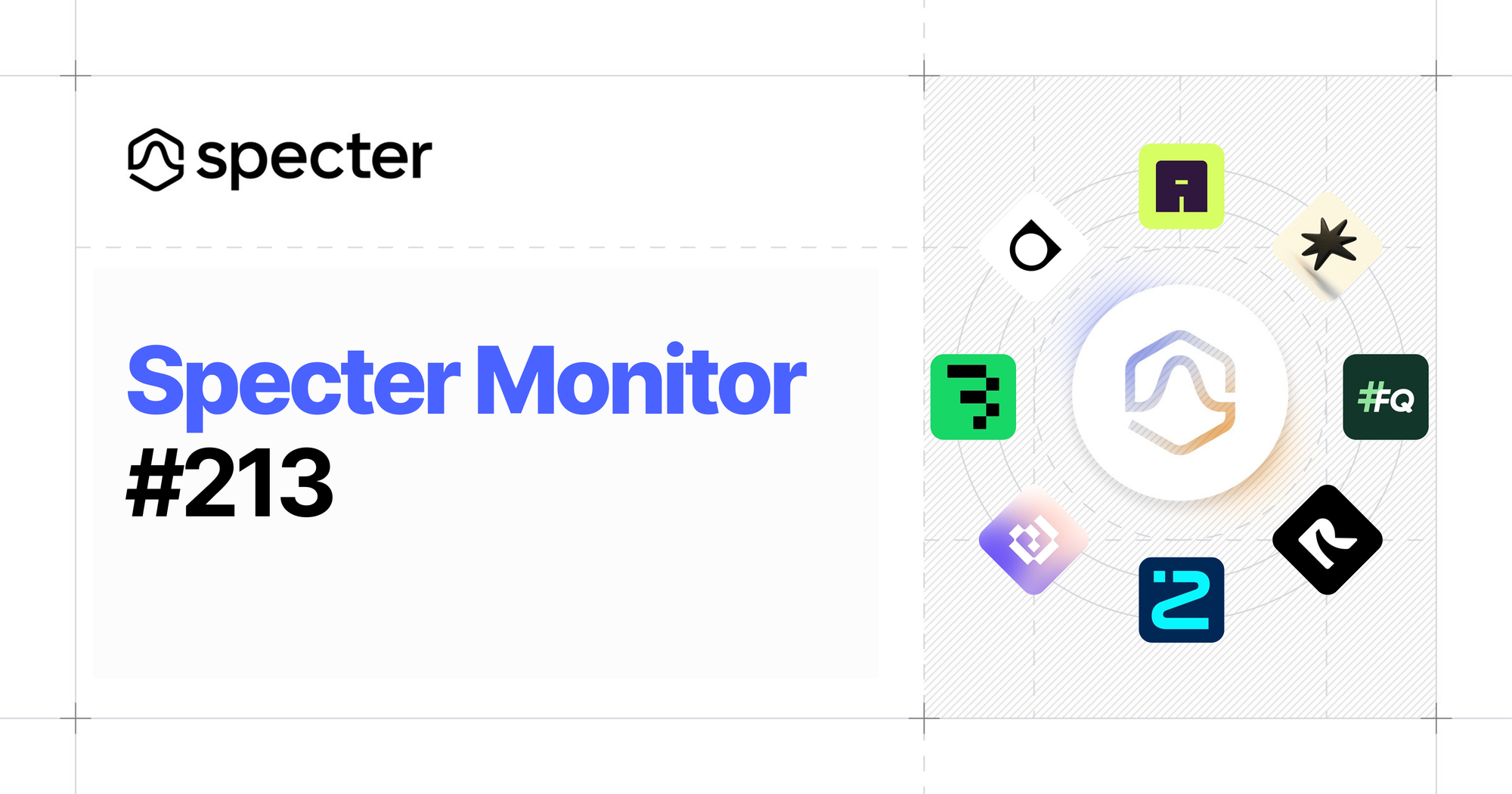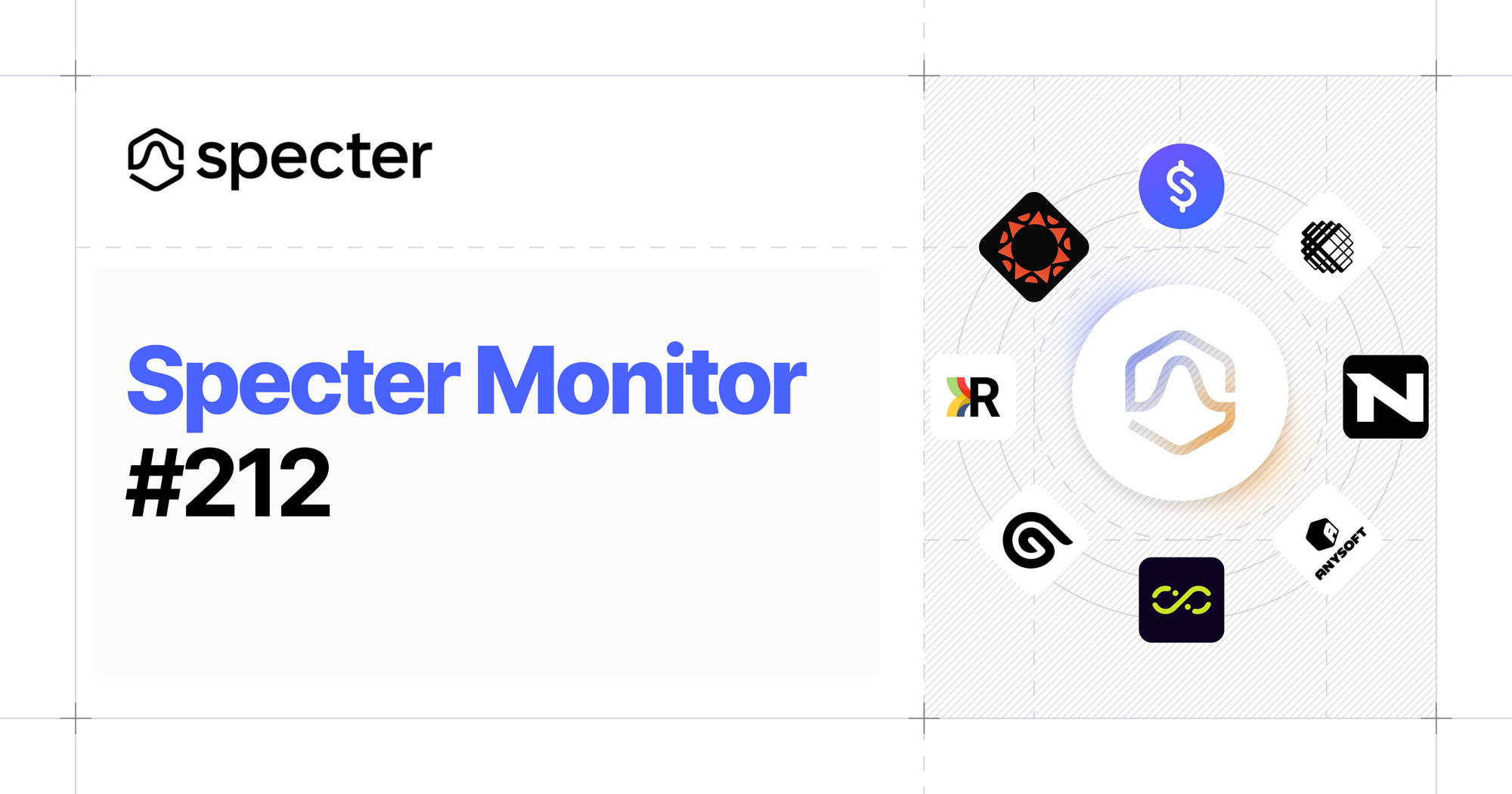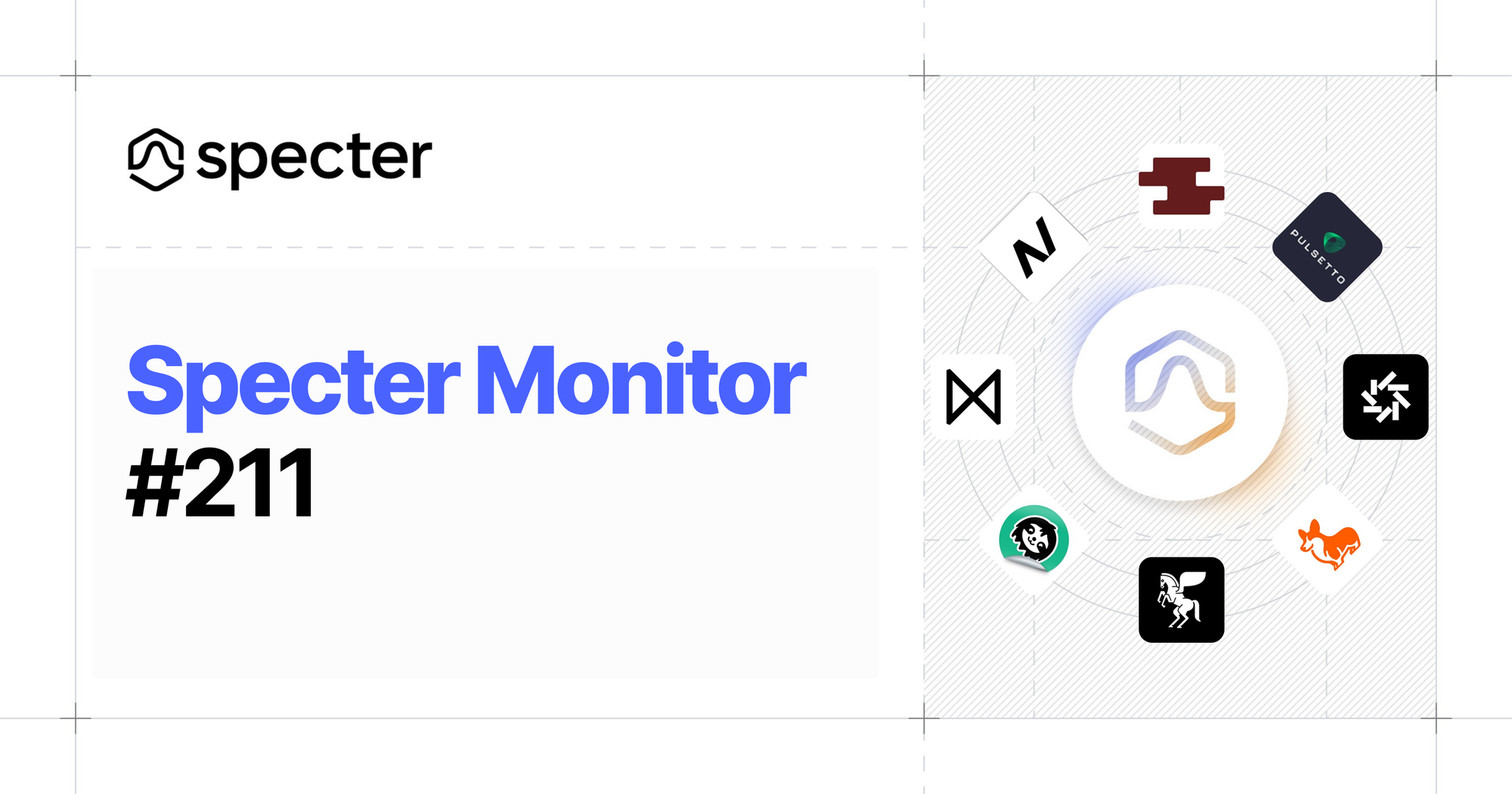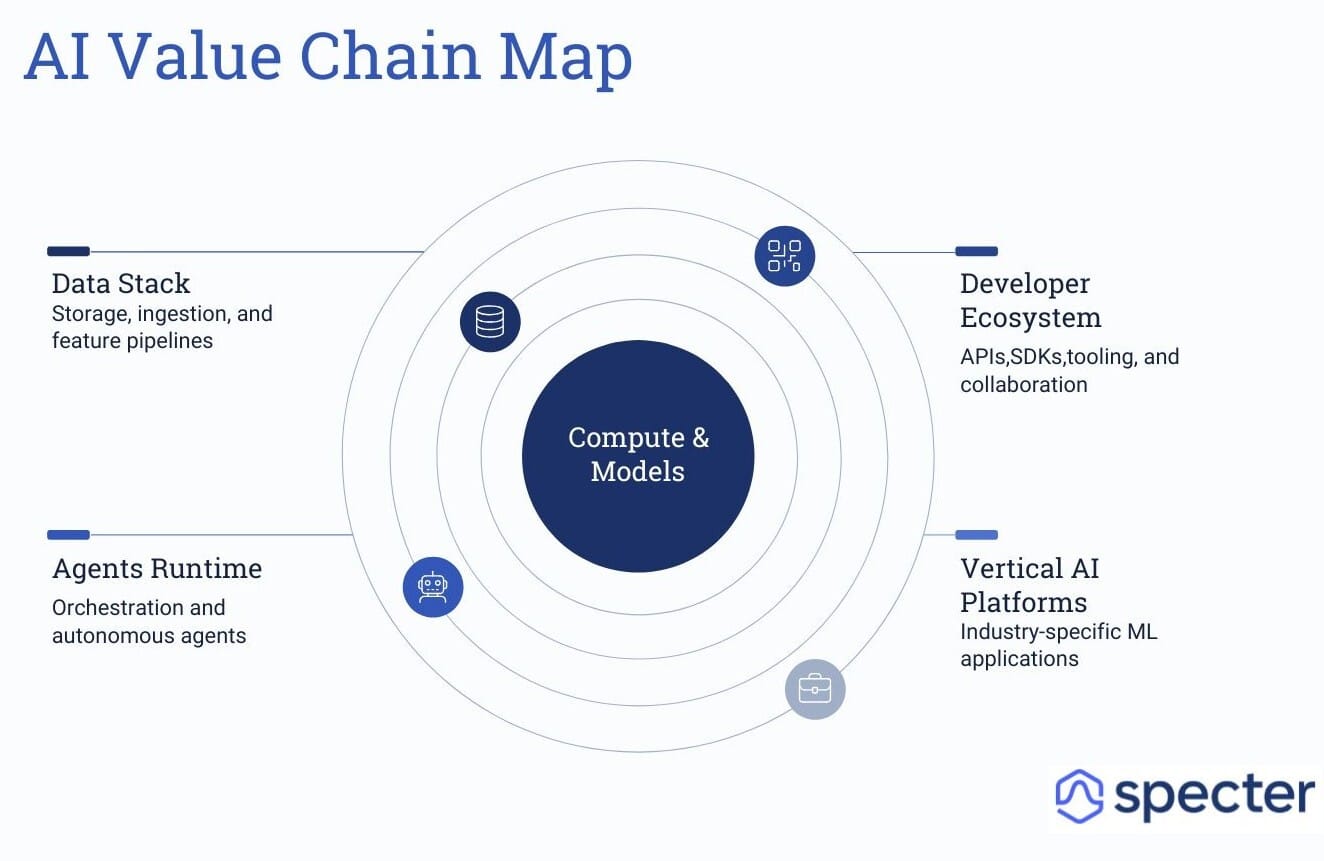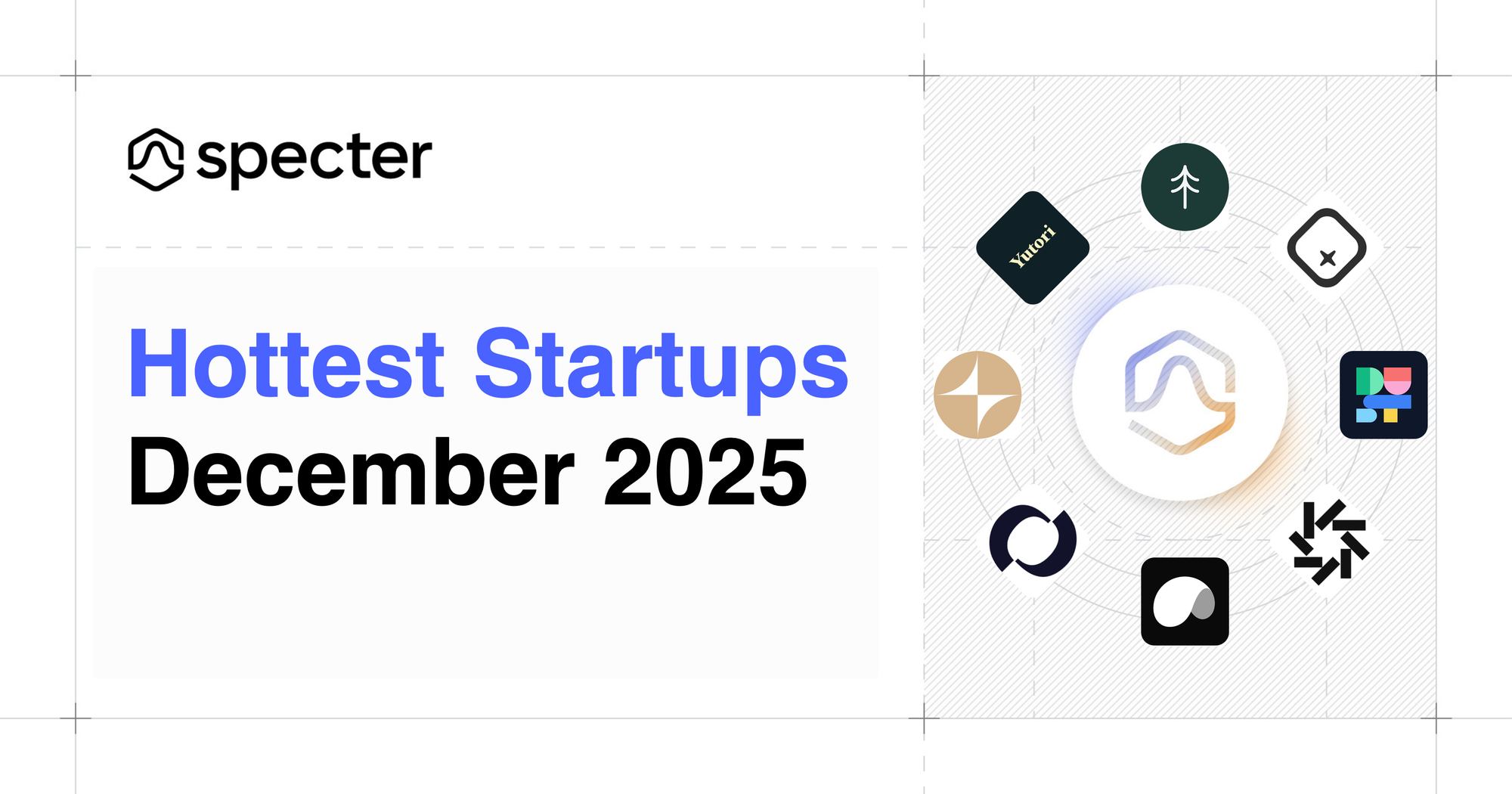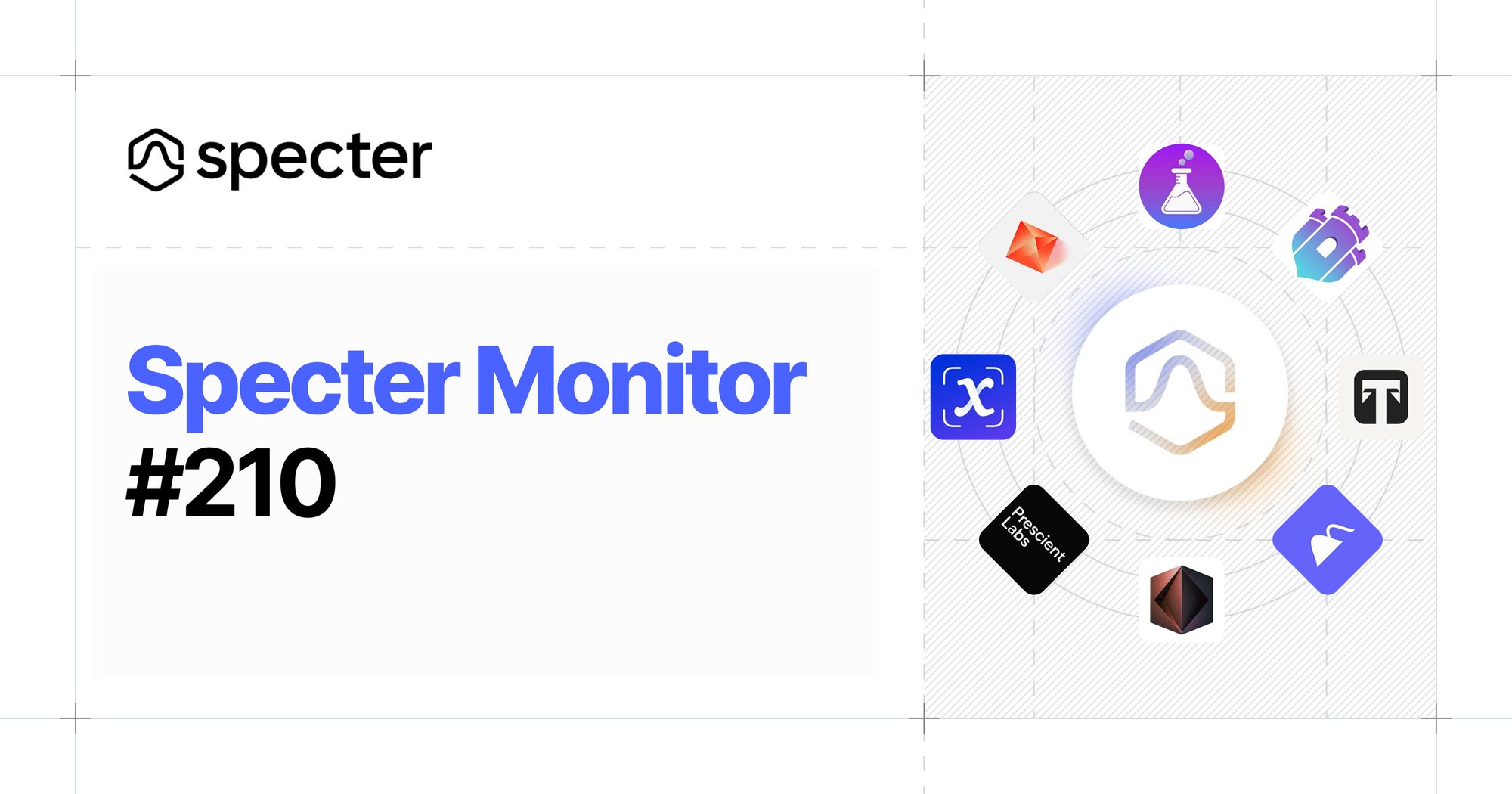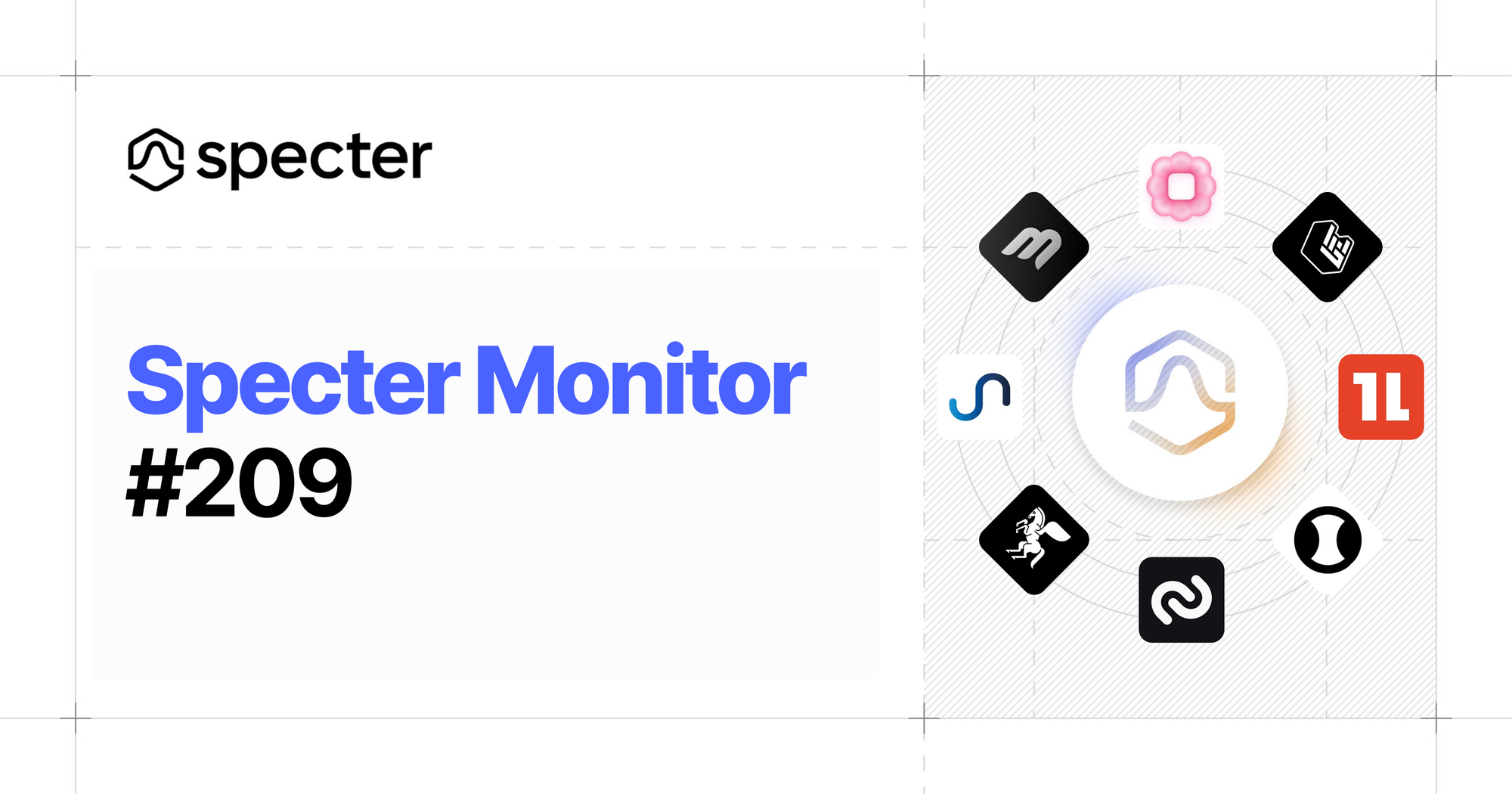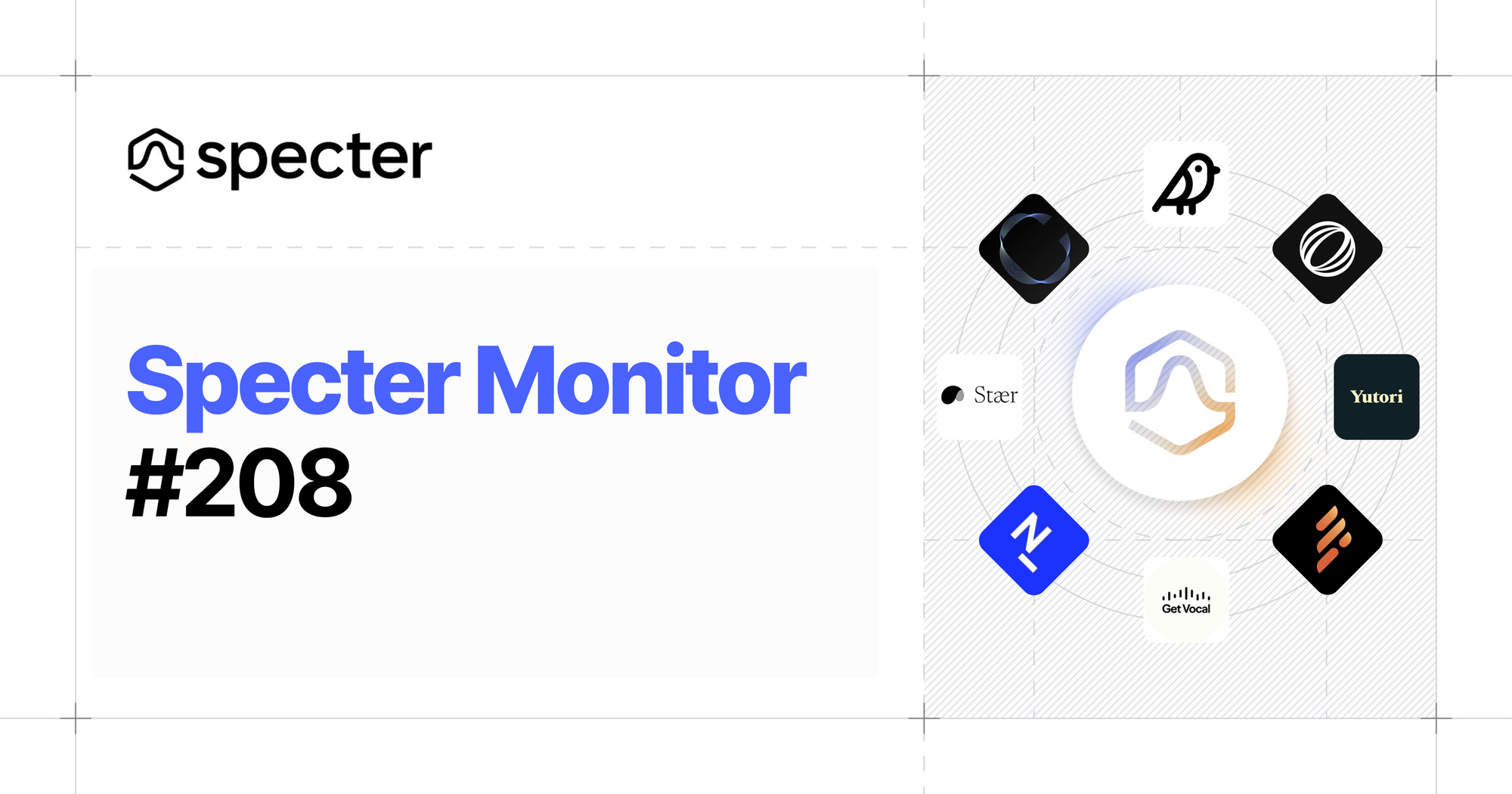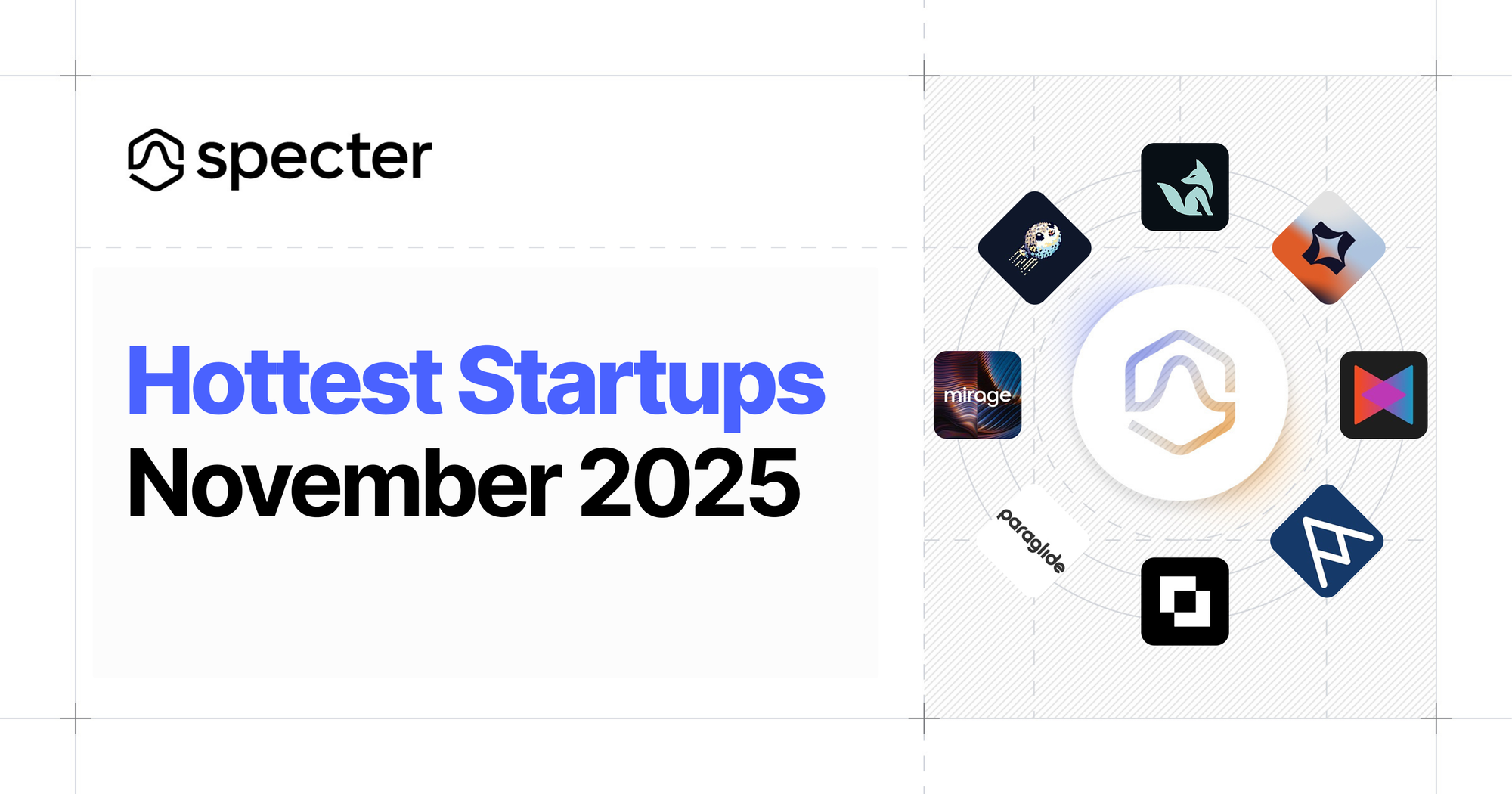Founded by Timothy Chen in 2019, Essence VC is an early-stage infrastructure-focused venture firm with a unique approach to supporting deeply technical founders. They recently closed their fourth fund, continuing their mission to help founders navigate the critical ‘zero to one’ stage of company and product development.
With check sizes typically ranging from $250-750k, they predominantly focus on the fields of data infrastructure, developer tools, and Artificial Intelligence. As early backers of standout companies like AI unicorn Jasper, and a16z-backed Motherduck, their philosophy is one of high trust, and a dedication to harnessing the talent of technical specialists.
Tim told us the story of his founder journey, and his observations on Specter as a data infrastructure expert.
Engineer to Investor
Tim took inspiration from his own startup founder experience, and built Essence as the fund he wished he had on the cap table when he was building his business. Totaling 16 years of software engineering experience, he co-founded Hyperpilot, which exited to Cloudera in 2018, opening the doors for him to explore the world of angel and venture investing.
“My deep-set empathy for infrastructure founders, based on my own personal startup experience, informs all the work I do with our portfolio companies. Then, the process of tapping into my network and speaking with people outside of that as part of our sourcing endeavours soon led me to recognise the power of data in identifying potential founders.”
He admitted that he initially considered building an in-house platform, very similar to Specter, but realised that the effort this would entail would distract too much from his primary responsibilities. He highlighted the complexity of building a comprehensive talent discovery tool, and through his efforts to find data sources for building internal systems, came across the antidote with Specter.
Discovery Without Data Deluge
Tim leverages Specter's Talent Signals to uncover potential founders, especially those in stealth mode. Tim found that other tools typically produced massive, unwieldy spreadsheets of profiles and information, but they weren't super helpful. Other platforms also lacked the ability to effectively rank potential founders, while Specter offers several ways to achieve this.
"I can create a pre-qualified, pre-ranked list, which saves me a ton of time, keeps me up-to-date on the latest movements, and helps me understand which profiles I should look at first. Also, the ability to add ‘favourites’ makes the curation and selection process much more efficient. This is an important part of our process, as a fund that values early-stage involvement with founders. We need to be quick to the mark, and Specter is a huge enabler for us.”
UX has also been an important factor in cementing adoption. Tim noted that profiles in Specter are presented in a much more accessible way than most typical databases and talent directories. All the key information you need to know about an individual and their experience are neatly placed onto cards displayed in a feed, like a virtual rolodex.
“It’s almost like a CRM built for early-stage sourcing. Each person’s profile can be expanded to see their full career history and connected company metrics from their current and past experience, but often I can tell from the preview if I should explore further, or simply discard. Everything is interactive too: the social links, their company profiles, and the ‘infinite scroll’ feel to the feed that encourages you to review everything, leave no stone unturned.”
He added that the usual alternatives can lead to a lot of scattered information across columns of data that are too expansive and easily become illegible. Additionally, integrating even select portions of data can easily become cumbersome on your average CRM, while with Specter there are several options for integrating out-of-the box. He also appreciates that you can be more selective with the data you actually want to push over, without the customisation becoming prohibitively expensive. With Specter, it’s all included in the subscription at no extra cost.
Targeting Technical Talent
Essence uses Specter to identify several types of promising individuals as part of their sourcing efforts and broader investment activities, including but not limited to:
- Technical expertise: Identifying the next generation of infrastructure innovators, using Specter as an extension of his existing network to find even more promising engineers
- YC Founders: Tracking Y Combinator cohorts, plus other accelerator programmes
- New Founders: Individuals starting new ventures, often after having previous company or educational experience, easily trackable with our People Highlights.
- New Roles in Stealth: Talented individuals taking on key roles in new ventures.
- Early Employees: Those who have benefited from early-stage success, vested shares, and possess the experience and capital to launch their own startup.
Although Tim did mention he avoids using completely rigid filters in his search for exceptional founders, the ability to very precisely filter for attributes that get him to the best talent first does tangibly accelerate his efforts.
“Essence is a geo-agnostic and collaborative fund, but we still seek to lead rounds for promising startups, early in their journeys, and that requires velocity. Using Specter on a daily basis gives me the best of both worlds. I can narrow or expand the scope of my searches at will, without needing to build or maintain any of the data pipelines or infrastructure myself. That in itself is very powerful.”



